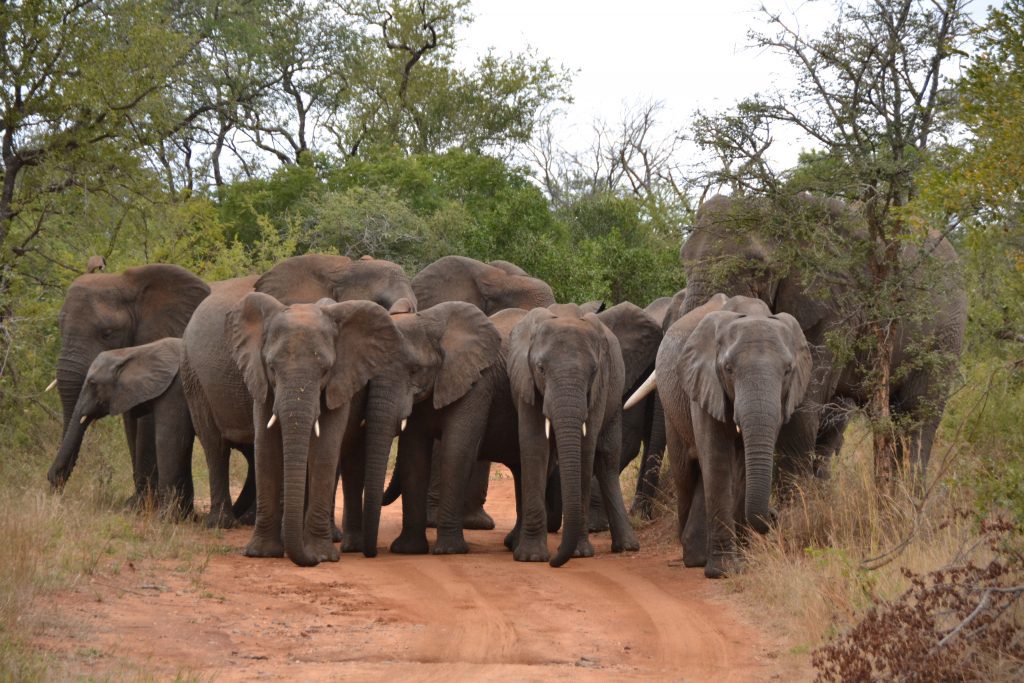Africa is home to majestic elephants facing threats like habitat loss and poaching. Conservation efforts aim to protect these gentle giants for future generations. Visiting elephant sanctuaries allows up-close encounters and contributes to their well-being. Volunteering in conservation programs enables active involvement in monitoring and educating about elephant conservation. Supporting anti-poaching initiatives is essential in preventing illegal hunting for ivory. Sustainable tourism practices are crucial in minimizing human impact on elephant habitats. By promoting responsible tourism and engaging with local communities, visitors can help preserve Africa’s wildlife. Together, we can ensure the survival of these incredible animals and protect Africa’s biodiversity.
Witnessing the Majestic Elephants: Wildlife Conservation in Africa
Introduction
Africa is home to some of the most magnificent wildlife on the planet, including the majestic elephants. These gentle giants are not only a sight to behold, but they also play a vital role in their ecosystems. Unfortunately, elephants are facing numerous threats, such as habitat loss, poaching, and human-wildlife conflict. However, there are many conservation efforts in place to protect these incredible animals and ensure their survival for future generations to enjoy.
Visiting Elephant Sanctuaries
One of the best ways to witness elephants up close and contribute to their conservation is by visiting elephant sanctuaries in Africa. These sanctuaries provide a safe haven for orphaned and injured elephants, giving them the care and protection they need to thrive. Visitors have the opportunity to watch the elephants roam freely in their natural habitats, learn about their behavior and conservation efforts, and even participate in feeding and bathing activities.
Participating in Conservation Programs
For those looking to make a more direct impact on elephant conservation, there are numerous volunteer programs available in Africa. These programs allow participants to work alongside conservationists and researchers to monitor elephant populations, study their behaviors, and educate local communities on the importance of protecting these animals. By participating in these programs, visitors can gain a deeper understanding of the challenges facing elephants and contribute to their conservation efforts.
Supporting Anti-Poaching Initiatives
Poaching is one of the biggest threats to elephant populations in Africa, as the demand for ivory continues to drive illegal hunting. Supporting anti-poaching initiatives is crucial in protecting elephants from this senseless slaughter. Visitors can contribute to these efforts by donating to reputable organizations, raising awareness about the impacts of poaching, and advocating for stricter laws and enforcement against wildlife crime.
Promoting Sustainable Tourism
Sustainable tourism is essential in protecting elephants and their habitats from the negative impacts of human activities. By choosing eco-friendly lodges and tour operators, visitors can minimize their carbon footprint and support responsible tourism practices. Additionally, engaging with local communities and supporting small businesses can help empower local populations and incentivize conservation efforts.
Conclusion
Witnessing the majestic elephants in Africa is a once-in-a-lifetime experience that should not be missed. By supporting wildlife conservation efforts, visitors can help ensure the survival of these incredible animals for future generations to appreciate. Whether it’s visiting elephant sanctuaries, participating in conservation programs, supporting anti-poaching initiatives, or promoting sustainable tourism, there are many ways to contribute to elephant conservation in Africa. Together, we can protect these gentle giants and preserve the beauty of Africa’s wildlife for years to come.
